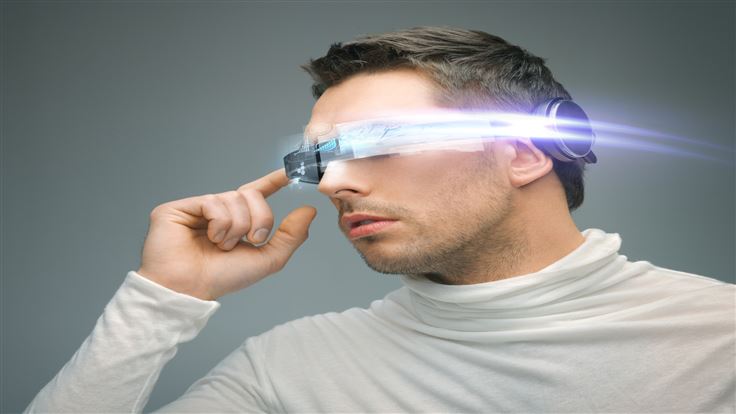Facebook, neck-deep in virtual / augmented reality with the Oculus headset, continues to move things up a gear. It’s announced “Ray-Ban stories”, smart glasses which take video and photos. The company may yet go one step further and incorporate these features into Augmented Reality (AR) specs which a Facebook rep said were in development.
Hold my beer
Facebook’s decision to enter the smart glass market is remarkable considering what’s come before. About ten years ago, another tech giant with a similarly-tarnished reputation for gathering personal data tried it with Google Glass. This was the first mainstream attempt to put glasses with cameras on our heads. It didn’t work. Famously.
There were a few reasons for this, but cost, average ability at everything rather than standout ability in something, and privacy concerns helped tipped the scales against it. Nobody wants to be recorded in secret, and many companies didn’t want their events or offerings recorded either. Google Glass received bans from movie theatres, sports arenas, hospitals, and strip clubs, amongst others. Some bars, cafes, and restaurants sprouted warning signs telling customers-who may-or-may-not-be-recording everything that Glass wasn’t welcome. The bans created headlines. Wearers were occasionally attacked. The insult “glasshole” was born.
The distinctive look of Glass may not have helped. It’s possible the moment you see someone wearing them, you’d assume you’re at risk of being filmed or photographed. Even if the wearer was completely innocent, the simple sight of the things was enough for some.
Nobody wants their product appearing in “places you’ve been banned from” articles. Safety considerations related to activities like driving also did not help.
It’s incredible to think this tech appeared way back in 2013. The world of smart glasses has moved on since then. We have Snap Spectacles out in the wild, and I can still recall Instaglasses without knowing if they ever made it to production.
And now…at last…we have Facebook in tandem with Ray-Ban.
Is the privacy issue overblown?
As you’ll see from the video in the BBC article linked at the beginning of this article, both the presenter and Facebook rep dive into the privacy angle. “Can people film me without me knowing about it?” is absolutely a valid question. I have to admit, I’m not completely sold on the response.
From the presenter:
“If someone’s inclined to take hidden camera footage in a changing room, they can do that with their phone already. They don’t need to spend $300 on a pair of glasses”.
Even so, there is an admission that the glasses could be more overt about what they’re doing. Also: Is someone more likely to take hidden footage in a changing room with an incredibly obvious phone, or a pair of recording glasses that look exactly like regular glasses? Is it not incredibly suspicious the moment someone tries to get a phone out in that situation, no matter how discreetly?
The Facebook rep builds on this answer later in the video, claiming it’s put a fair bit of thought into this problem. He says the glasses are “quite a bit more overt” than what people are doing with their phone, focusing on visible LEDs and explicit hand gestures to take a photo or start recording. In practice, how well will this work? You’re probably not going to notice an LED on someone’s face embedded in a pair of glasses. How close do you have to be to see it? Is this practical in a crowd of people in a busy street?
Additionally, surely someone up to no good will simply enable recording away from prying eyes and then begin to film anybody who didn’t see the gesture. Or put tape over the LED. I don’t think these are particularly strong arguments. As with most things, they’re easily bypassed and not something I’d consider to be that helpful overall.
More tech integration = more problems?
The really interesting part for me is if Facebook launch their promised AR smart glasses. Integration into the Facebook platform can bring problems for device owners.
Last year, Oculus users were faced with quite the headache. They now needed Facebook accounts to continue using their devices. This, despite an apparent promise to not go down the account-requirement road. It didn’t take long before lots of angry lockout-style posts appeared.
Oculus isn’t cheap. Whatever form the AR glasses take will also set you back a decent amount. Do we really need a situation where several real-world devices’ operability depend entirely on something not happening to a social media account?
My suspicion is no, we probably don’t. It may be this rather large Damocles-style effort hanging above a thin sliver of “your device works…for now” anxiety which is a bigger blow to Facebook than any concerns about privacy. For now, we’ll just have to wait and see.










